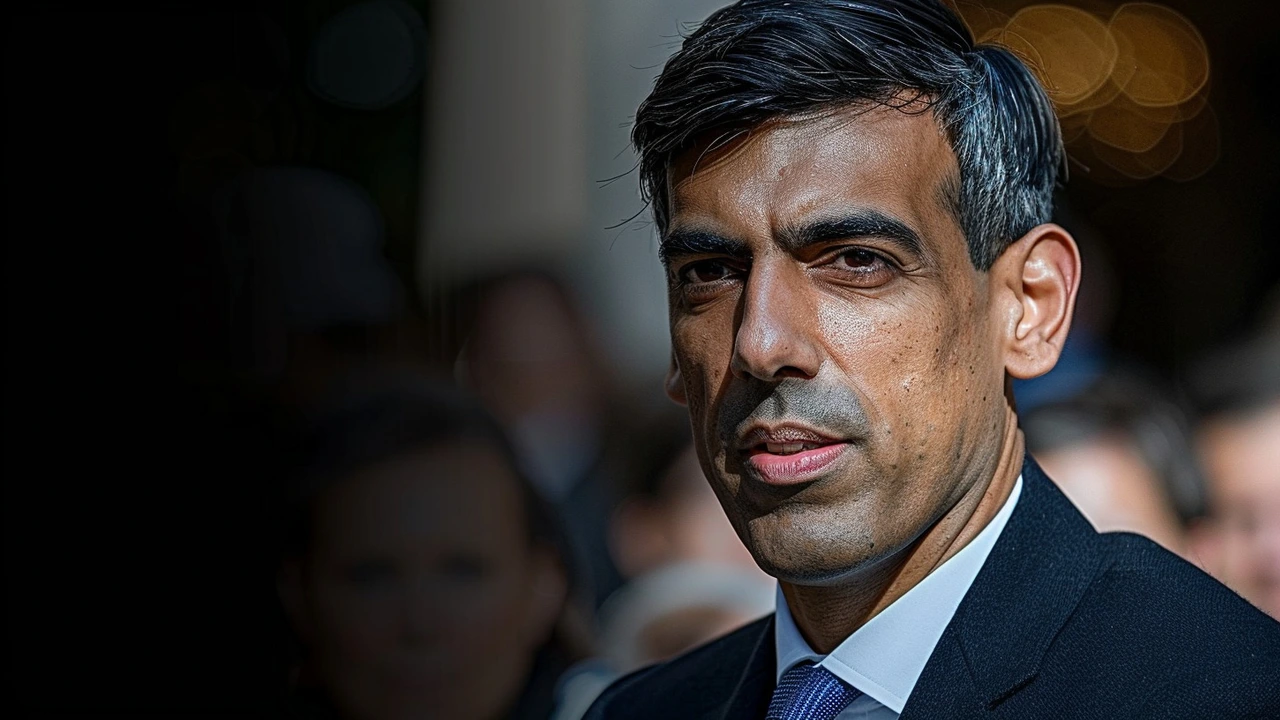Defense spending: what it means for your country and your wallet
Defense spending gets headlines when a new jet arrives or a conflict flares. But the real story is not only weapons — it’s choices governments make about money, priorities and transparency. If you care how public money is used, defense budgets deserve attention. They affect hospitals, schools and jobs, yet are often the least visible part of government accounts.
Why defense spending moves up or down
Countries increase military budgets for clear reasons: rising regional tensions, terrorism, border disputes, or big procurement projects. New tech — drones, cyber tools, satellites — also pushes costs higher because maintenance and training follow purchases. Economic shocks and political change can cut or delay spending, but contracts signed years earlier still drain budgets. That means a short-term political win can create long-term costs.
Not every dollar buys security. Some funds go to salaries, some to fuel and maintenance, and some to expensive hardware that needs foreign parts and pilots. Ask whether a purchase improves defence readiness or just boosts short-term headlines. High upfront costs with little local support can turn into a budget trap.
How to follow and question defence budgets
Want to track defence spending? Start with official budget books. Look for the defence ministry chapter, parliamentary committee reports and national audit office findings. International trackers like SIPRI and IISS give useful comparisons. Watch procurement portals for big contracts and check whether deals include local industry or long-term maintenance costs.
Be concrete: compare defence spending to GDP and to other social sectors. A useful measure is defence spending as a share of the national budget and of GDP over several years. Also check procurement details: who won the contract, the delivery schedule, offset agreements and whether independent audits exist. If you see large classified budgets, ask your MP why those line items lack public oversight.
Journalists and civil society can push transparency by requesting contract copies, attending budget hearings and using freedom of information laws. Simple questions matter: How many troops are supported by this budget? What portion is for operations vs equipment? Who benefits from maintenance contracts?
For everyday readers, defence spending matters because it shapes what your government can afford elsewhere. More military procurement today can mean fewer schools or clinics tomorrow. That trade-off is a public choice — and you can ask officials to justify it in plain terms.
Follow us for updates on defence budgets across Africa and tips on reading budget documents. If you want, we can post a short checklist or explain how to file a budget query in your country — tell us where you’re based and we’ll tailor the steps.

